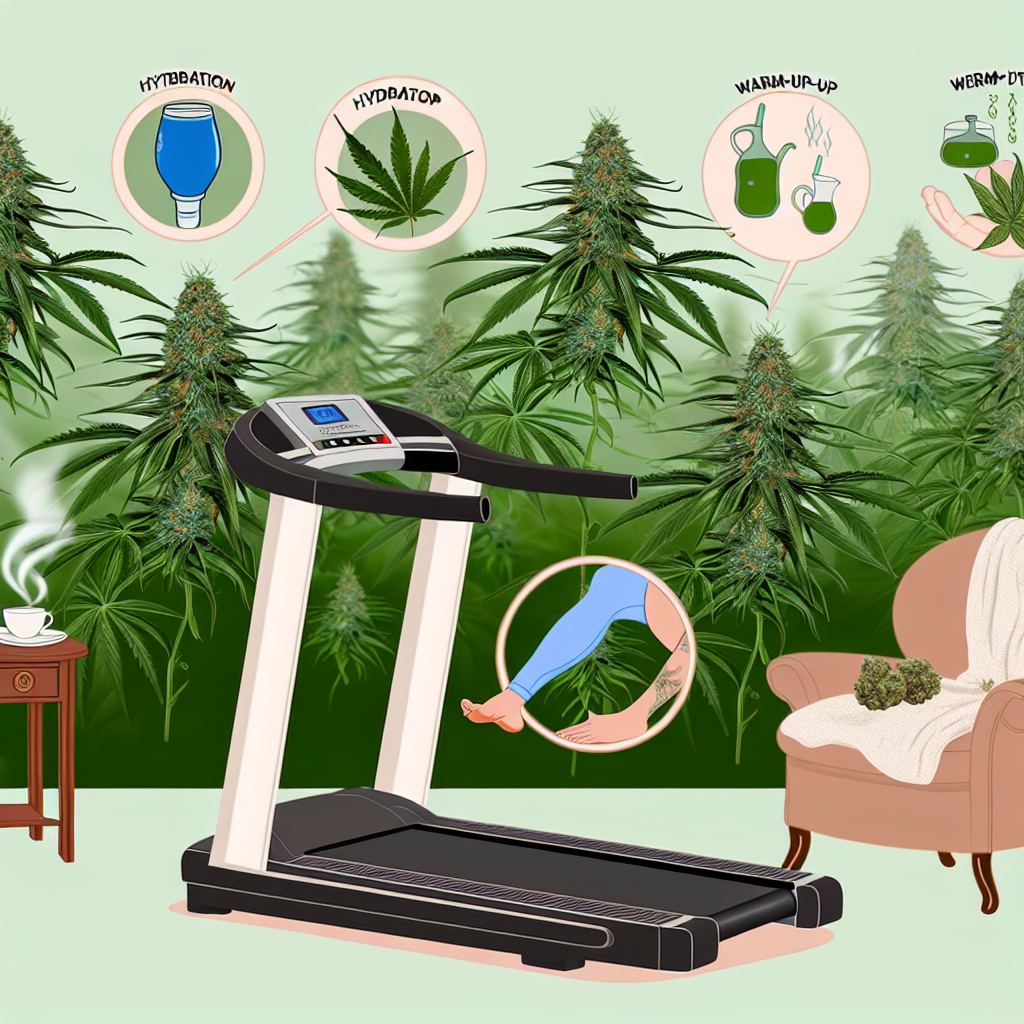MDMA-assisted therapy is an emerging therapeutic method for PTSD (post-traumatic stress disorder) that has demonstrated encouraging outcomes in clinical trials. Here is a comprehensive analysis of the information we currently possess:
MDMA-assisted therapy refers to a form of treatment that incorporates the use of MDMA, a psychoactive substance, to enhance the therapeutic process.
MDMA, sometimes referred to as ecstasy or molly, is a man-made substance that possesses psychoactive characteristics. MDMA is provided in a controlled atmosphere under the supervision of a professional therapist in a therapeutic setting.
Therapy sessions usually take place concurrently or immediately after the administration of MDMA, with the primary objective of addressing and dealing with painful memories and experiences.
What is the potential therapeutic effect of MDMA on individuals with PTSD?
The benefits of MDMA encompass heightened empathy, emotional bonding, and receptiveness. This intervention may assist patients suffering from post-traumatic stress disorder (PTSD) in confronting and processing unpleasant memories in a manner that is less fear-inducing.
Therapy sessions can assist individuals in harnessing these emotional states to acquire fresh insights into their trauma and cultivate effective coping strategies.
Therapy sessions can assist individuals in harnessing these emotional states to acquire fresh insights into their trauma and cultivate effective coping strategies.
Findings from the clinical trial:
Multiple Phase 2 and Phase 3 clinical trials have demonstrated substantial decreases in symptoms of post-traumatic stress disorder (PTSD) after therapy, including MDMA, as compared to treatment with a placebo.
In September 2023, the Multidisciplinary Association for Psychedelic Studies (MAPS) announced favorable outcomes from a Phase 3 clinical trial, signifying a significant advancement towards the possible authorization of MDMA by the FDA for the treatment of PTSD.
Key Factors to Take into Account:
Restricted Availability: The use of MDMA-assisted therapy is currently being studied and is not yet readily accessible as a kind of treatment. Participating in clinical trials may be a viable choice for specific individuals.
If you have a desire to gain further knowledge about this technique, it is advisable to seek guidance from a mental health expert who specializes in the treatment of PTSD.
MDMA-assisted therapy is designed to be utilized with conventional psychotherapy as a complementary treatment for PTSD rather than as a standalone cure.
Potential Adverse Reactions: MDMA may induce adverse reactions such as nausea, anxiety, and bruxism. Its use may also have unknown psychological hazards.
Legal Status: MDMA is presently categorized as a Schedule I substance by the DEA in the United States. This classification indicates that it is highly prone to abuse and without any recognized medical applications. Nevertheless, the investigation into the use of MDMA-assisted therapy has the potential to result in alterations to its legal classification.
Additional sources of information:
- The Multidisciplinary Association for Psychedelic Studies (MAPS) provides information about MDMA at https://maps.org/mdma/
- The National Institute of Mental Health (NIMH) offers resources on post-traumatic stress disorder (PTSD) at https://www.nimh.nih.gov/health/topics/post-traumatic-stress-disorder-ptsd
In summary:
MDMA-assisted therapy exhibits potential as a novel therapeutic approach for PTSD. Nevertheless, it is being investigated and has not yet become a generally accessible treatment. If you have a desire to gain further knowledge about this technique, it is advisable to seek guidance from a mental health expert who specializes in the treatment of PTSD. They can engage in a conversation regarding your treatment alternatives and aid you in assessing the feasibility of MDMA-assisted therapy for your situation.




